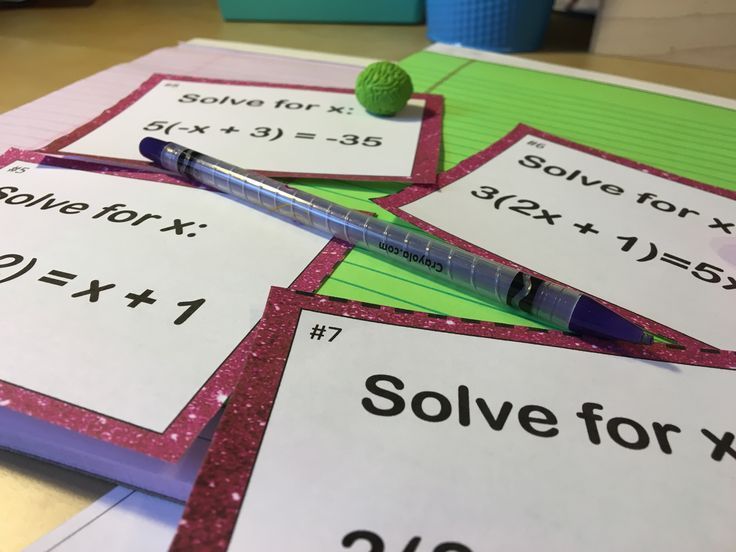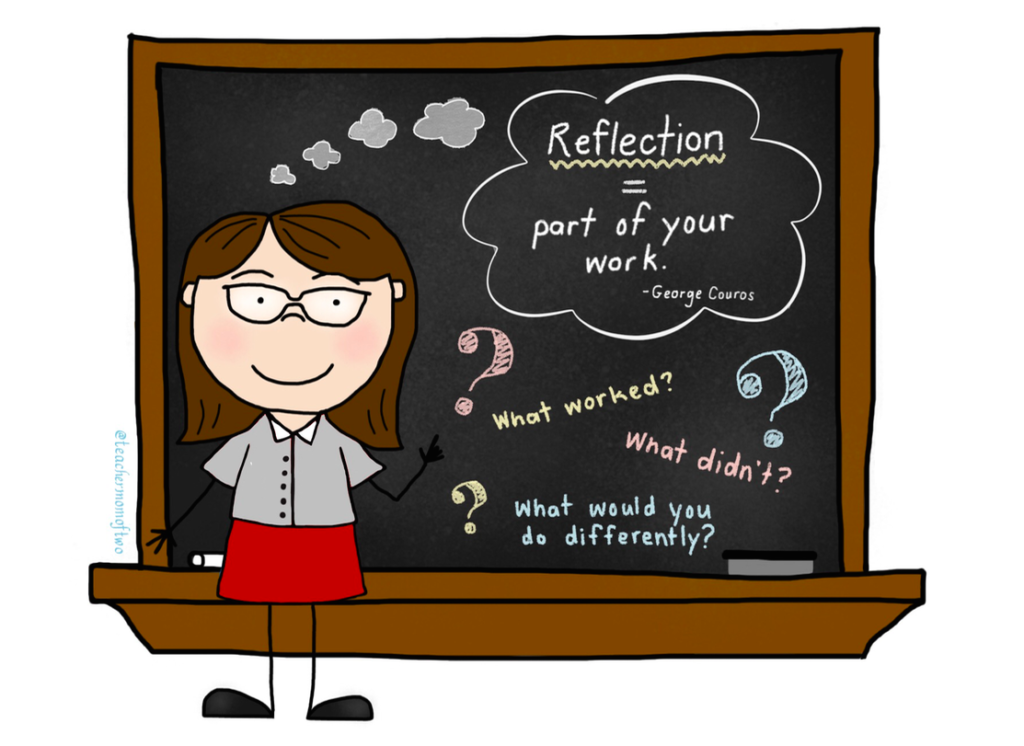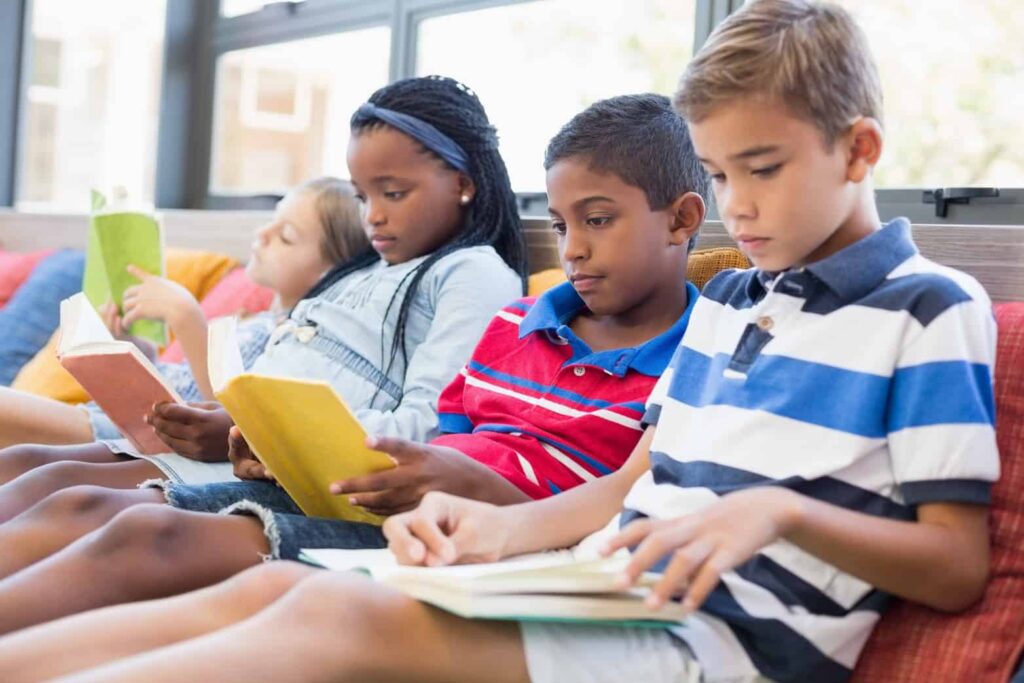
CourseworkITL520 Academic Language & LiteracyLiteracy EducationNational UniversitySpecialized Instructional StrategiesStudent-Centered Learning
Individualizing the Learning Experience
One of the skillsets that content...

CourseworkEducational AssessmentInstructional StrategiesITL520 Academic Language & LiteracyNational UniversityTeacher Development
Learning Map Stage 4: Apply
This week we are reflecting! By...

CourseworkEducational PsychologyITL520 Academic Language & LiteracyLiteracy and Reading StrategiesNational UniversityTeaching Mathematics
Metacognition
Metacognition is an engaging way to...

CourseworkEducational MethodsITL520 Academic Language & LiteracyLiteracy in Content AreasMathematics EducationNational UniversityPassionate Teaching Journey Blog
Formative Assessment and Content Literacy in Mathematics: Engaging with Multi-Step Equations
Formative assessments are a great way...

CourseworkEducational StrategiesITL520 Academic Language & LiteracyNational UniversityStudent-Centered LearningTeaching Reflections
Learning Map Stage 3: Analyzing Student Work ~ Reflection on Instruction and Learning
This week we are teaching! We...

Classroom StrategiesCourseworkEducational MethodsInclusive EducationITL520 Academic Language & LiteracyNational University
The Universal Design for Learning (UDL) Framework in Practice
Universal Design for Learning (UDL) is...

